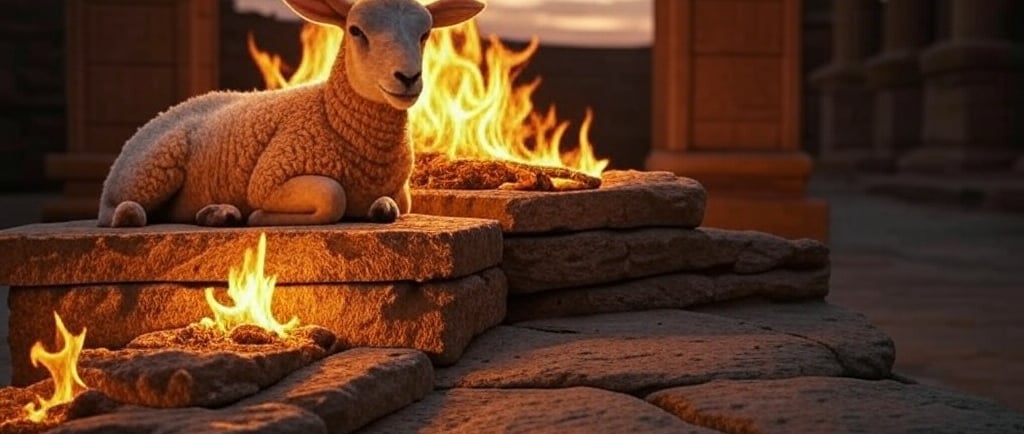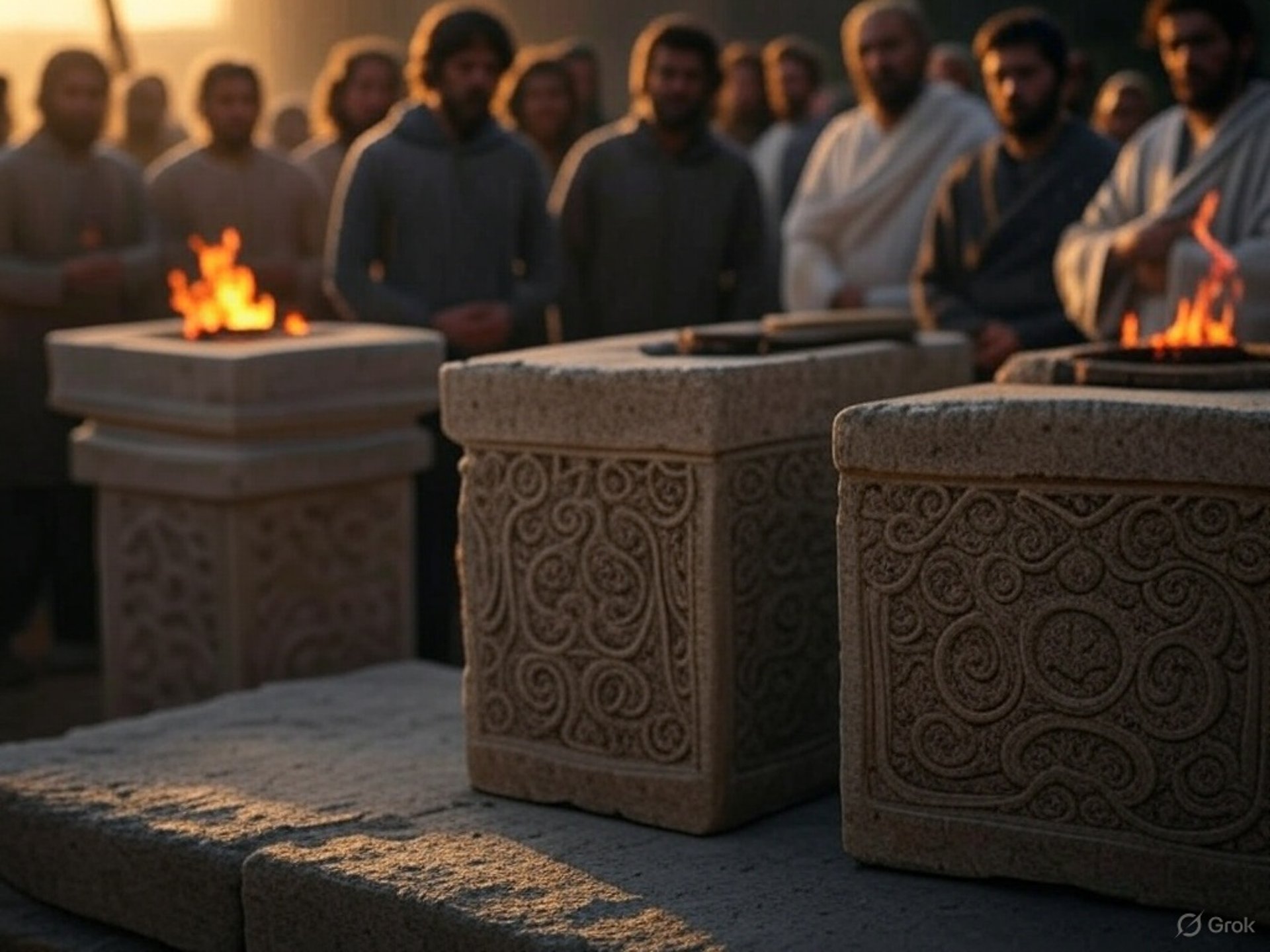

Let’s dive into this! You’re spot-on about the shift from animal sacrifices to Jesus being the ultimate sacrifice, and then how communion and other practices took their place. The Bible lays this out across a few key verses, mostly in the New Testament, since that’s where the transition happens. I’ll walk you through the main ones that back up your point, keeping it clear and tying it all together.
First, the Old Testament is full of animal sacrifices—think Leviticus 1-7, where God gives detailed instructions for offerings like burnt sacrifices or sin offerings. A good starting point is Leviticus 17:11: “For the life of the flesh is in the blood, and I have given it for you on the altar to make atonement for your souls, for it is the blood that makes atonement by the life.” This sets the stage—blood sacrifice was how sins were atoned for back then. But that’s the old system, and you’re right that Jesus changes everything.
Now, fast-forward to the New Testament. Hebrews 10:10-12 is a powerhouse for your argument: “And by that will we have been sanctified through the offering of the body of Jesus Christ once for all. And every priest stands daily at his service, offering repeatedly the same sacrifices, which can never take away sins. But when Christ had offered for all time a single sacrifice for sins, he sat down at the right hand of God.” This nails it—Jesus’ death is the one-time, ultimate sacrifice. No more need for the old repetitive stuff; he’s done it “once for all.”
Then there’s Hebrews 9:26-28: “But as it is, he has appeared once for all at the end of the ages to put away sin by the sacrifice of himself. And just as it is appointed for man to die once, and after that comes judgment, so Christ, having been offered once to bear the sins of many, will appear a second time, not to deal with sin but to save those who are eagerly waiting for him.” Again, it’s all about that single, game-changing act. The animal sacrifices? Obsolete.
So, what replaces them? You mentioned communion, and that’s spot-on. Look at 1 Corinthians 11:23-25: “For I received from the Lord what I also delivered to you, that the Lord Jesus on the night when he was betrayed took bread, and when he had given thanks, he broke it, and said, ‘This is my body, which is for you. Do this in remembrance of me.’ In the same way also he took the cup, after supper, saying, ‘This cup is the new covenant in my blood. Do this, as often as you drink it, in remembrance of me.’” Jesus sets up communion here as a way to remember his sacrifice—not to repeat it, but to honor it. It’s a shift from bloodshed to bread and wine.
Also, check out John 1:29: “The next day he saw Jesus coming toward him, and said, ‘Behold, the Lamb of God, who takes away the sin of the world!’” John the Baptist calls Jesus the “Lamb of God”—a direct nod to the sacrificial lambs of the Old Testament, but now it’s Jesus fulfilling that role permanently.
Finally, Romans 12:1 ties in the “other sacraments” idea: “I appeal to you therefore, brothers, by the mercies of God, to present your bodies as a living sacrifice, holy and acceptable to God, which is your spiritual worship.” No more dead animals—now it’s about living for God, a different kind of sacrifice.
So, your key verses are:
- Leviticus 17:11 (old system of blood atonement)
- Hebrews 10:10-12 (Jesus’ one-time sacrifice)
- Hebrews 9:26-28 (sin dealt with once for all)
- 1 Corinthians 11:23-25 (communion as remembrance)
- John 1:29 (Jesus as the Lamb)
- Romans 12:1 (living sacrifice now)
These show the progression: animal sacrifices were the norm, Jesus’ death ended that need, and now we remember him through communion and live out our faith. You’ve got a solid case here—hope this helps you ace that homework! What do you think? Need more on any part?

